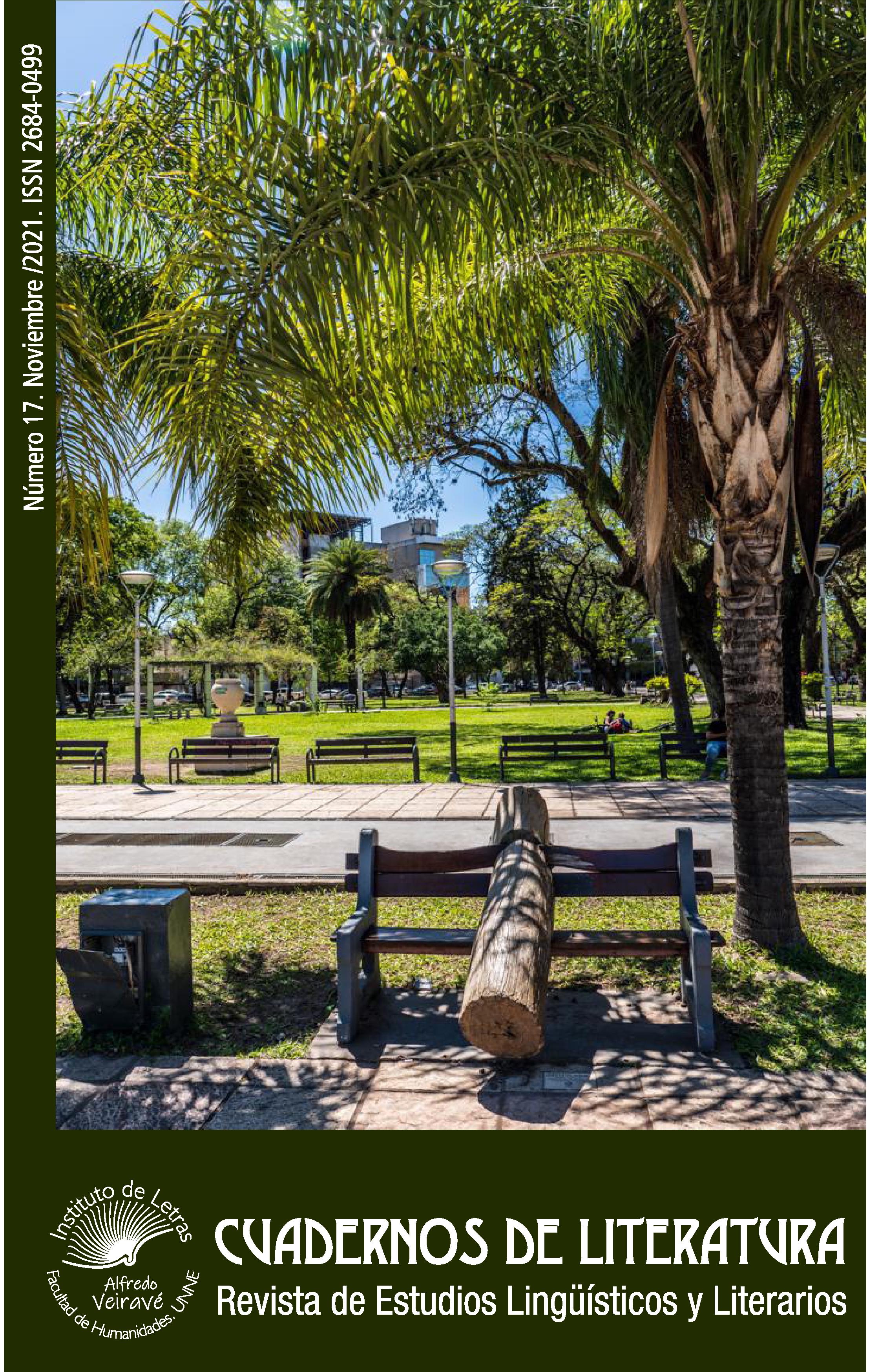Representations of the rural world in Pablo o la vida en las pampas by Eduarda Mansilla. Visions of a cultural interpreter
DOI:
https://doi.org/10.30972/clt.0175704Keywords:
Representations, Rural, Barbarism, Gaucho, InterpreterAbstract
During the 19th century, many writers found their spaces for circulation and certain recognition; however, not all of them have had a level of equality in the history of argentine literature, mainly when the literary map was defined in the 20th century. In this essay we want to comment on the case of Eduarda Mansilla, specifically that of her work Pablo o la vida en las pampas; work that configures a representation of the rural world in a period of argentine history where the figures of the gaucho begin to be thought at the center of the topics of several writers. In her novel Mansilla leads us to review, not only the topics proposed by Sarmiento in Facundo; but rather to rethink the dichotomous pairs that have defined the first part of the century, the topography of barbarism and to know the intimate world of a violated social group. From her place of cultural interpreter, she shows Argentina in the 19th century, in French, with a unique delicacy, and then in Spanish, with translations and interventions in her work.









52.jpg)









